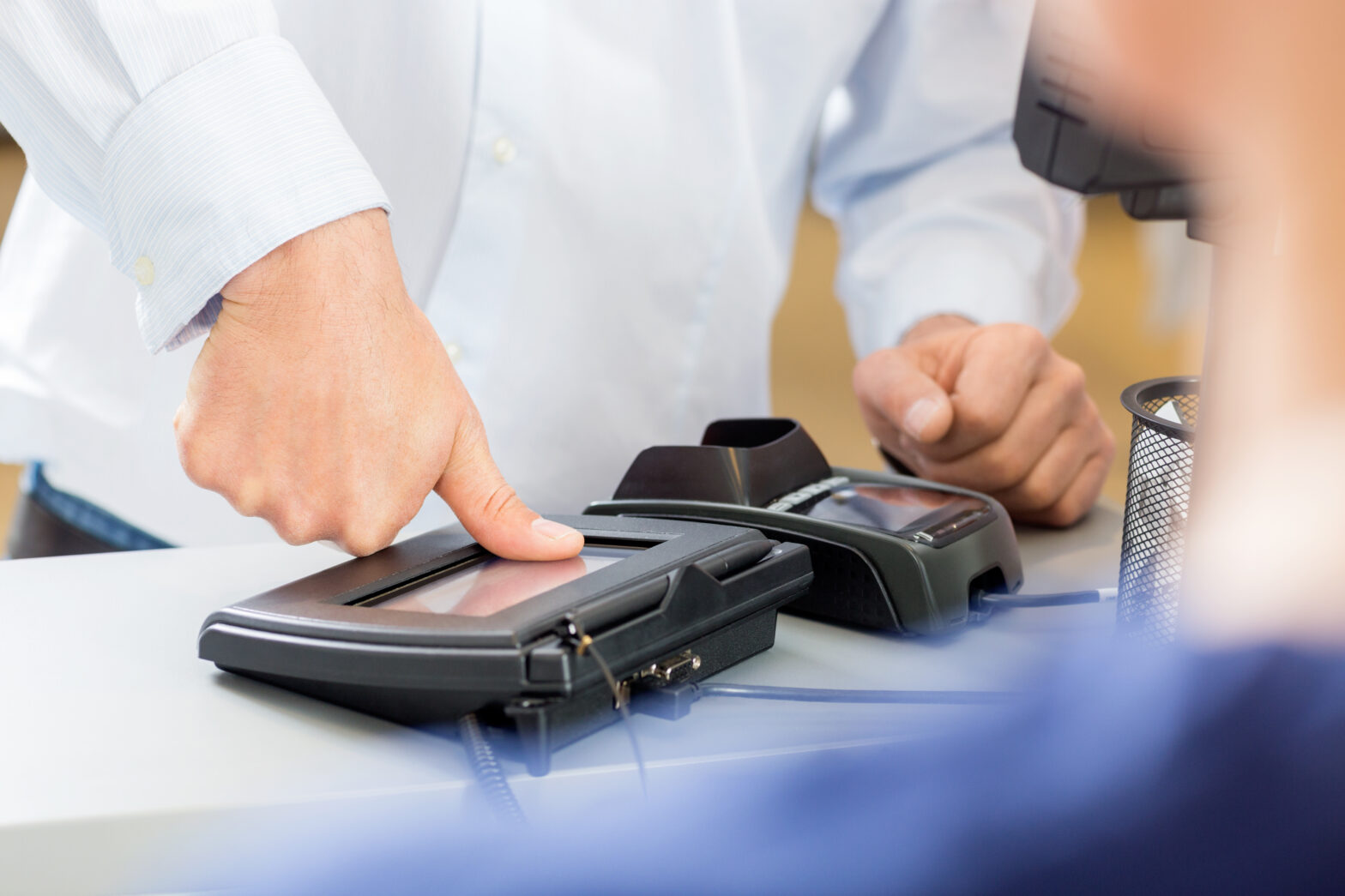A new study by Juniper Research has found that the number of mobile payments authenticated by biometrics will rise to nearly 2 billion this year, up from just over 600 million in 2016.
The research found that while Apple Pay had provided the catalyst for initial growth, other leading wallets including Android Pay and Samsung Pay were increasingly offering biometric solutions for authentication. Indeed, Alipay, the Chinese mobile payment service owned by e-commerce giant Alibaba, is expanding into Apple’s territory in the US.
>See also: Alipay taking aim at US mobile payments market
Furthermore, the size of the opportunity has been boosted by the greater availability of fingerprint sensors. According to the new research, around 60% of smartphone models are expected to ship with such sensors this year, with many Chinese vendors incorporating them into mid-range models.
Selfie pay
The research emphasised the increasing momentum behind alternative biometric solutions. It recognised Mastercard as an early leader in this space through its Identity Check Mobile capability, due to go live later this year. Informally known as “selfie pay”, this allows users to scan their fingerprints and/or take selfies to validate their identities and thereby make payments.
>See also: Selfie-pay: the new form of payment authorisation?
Meanwhile, it expected to see strong adoption of the authentication app recently unveiled by India’s identification authority, through which merchants can verify a customer’s ID via either fingerprint or iris scan. Indeed, since the biometric data is linked to a bank account, the process acts as both authentication and transaction enabler.
Convenience versus security?
However, the research argued that the key challenge for service providers would be striking the right balance between end-user convenience and solution security.
>See also: Making use of emotional, biometric and wearable data
As research author Dr Windsor Holden pointed out, “Typically, the more secure the solution, the more time-consuming the authentication process. It is essential to offer a range of verification options allowing clients to determine what level of security is required for a given authentication.”
The UK’s largest conference for tech leadership, Tech Leaders Summit, returns in September with 40+ top execs signed up to speak about the challenges and opportunities surrounding the most disruptive innovations facing the enterprise today. Secure your place at this prestigious summit by registering here










